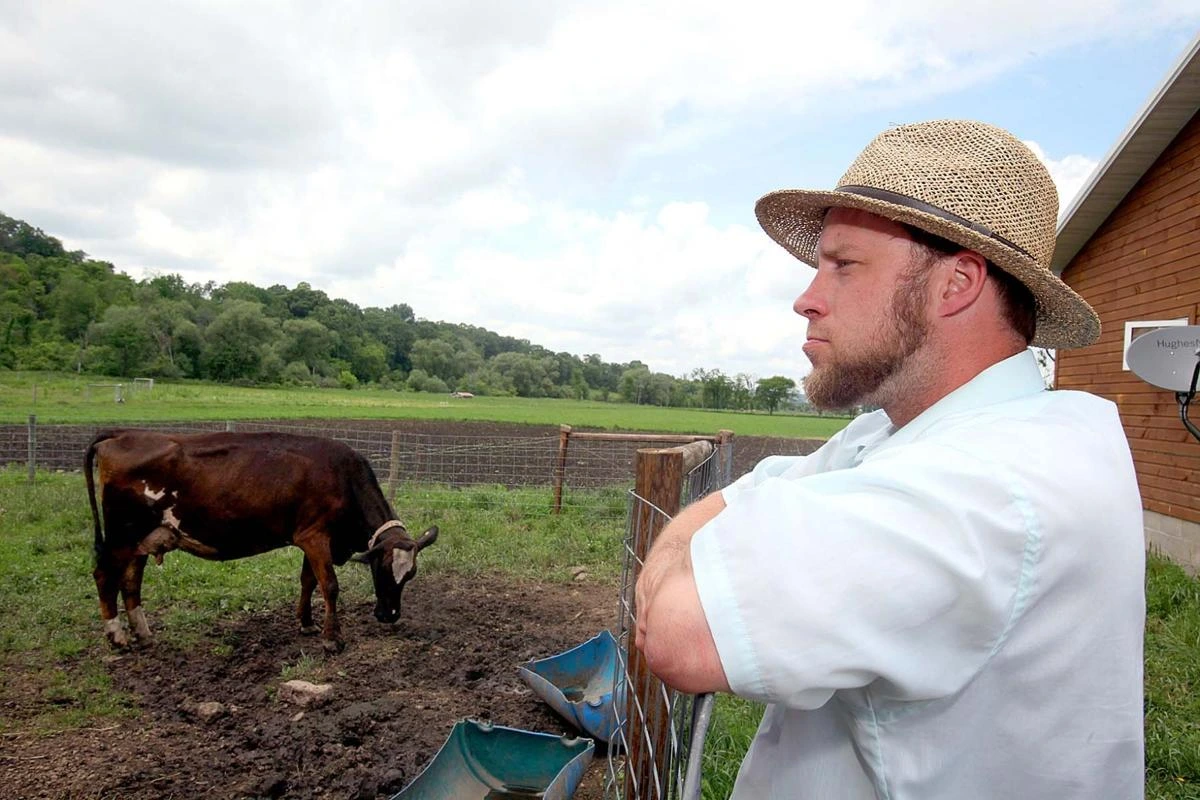(Opinion) Trade protectionism often stirs debate, and Brazil’s dairy and agribusiness sectors are central to it.
While trying to protect its local farmers, the government imposes taxes on milk imports from its Mercosur allies, Argentina and Uruguay.
This strategy, however, is not without drawbacks.
Higher prices can hurt consumers, and there’s also the risk that other Mercosur countries may introduce their own trade barriers in response.
At the same time, Brazil’s global agribusiness faces its own set of hurdles. For example, the European Union has a new anti-deforestation law.
This law threatens to limit Brazil’s exports by setting strict environmental standards.
Add to that the stalled negotiations at the World Trade Organization and rising geopolitical tensions, and Brazil’s agribusiness finds itself up against a wall of global trade barriers.

Brazil Engages In What it Complains About
So why does Brazil engage in the very protectionism it complains about? One reason is the allure of short-term gains.
By shielding its industries from foreign competition, Brazil can give immediate relief to local producers.
However, this short-term focus fails to address underlying issues like soaring production costs and tighter global environmental regulations.
A more thoughtful approach would involve reforms targeting these fundamental challenges.
Brazil is also considering a policy of ‘environmental reciprocity.’ This means requiring similar environmental standards for European imports.
While this sounds fair, it risks destabilizing global trade further and might steer Brazil toward trade partnerships with laxer environmental oversight.
In conclusion, trade protectionism is not a one-size-fits-all fix and can lead to unintended adverse outcomes.
Rather than building trade barriers, Brazil should concentrate on long-term, sustainable reforms that address the challenges facing its dairy and agribusiness sectors.
After all, trade issues aren’t isolated; they’re part of a broader global context.

